Dashword and Neuronwriter are both powerful tools, but their strengths lie in different areas. We’ll help you analyze your SEO needs and choose the one that empowers you to achieve your online goals.
Comparison Dashword and Neuronwriter
In today’s competitive digital landscape, harnessing the power of SEO is non-negotiable for online success. Both Neuronwriter and Dashword offer compelling solutions to elevate your SEO game, each boasting unique strengths and catering to specific needs. This detailed comparison will dissect the core features, advantages, and potential drawbacks of each platform to help you determine the best fit for your SEO strategy.
Dashword
Dashword focuses on empowering content creators and marketers to produce high-quality, SEO-optimized content efficiently. With its intuitive content brief builder and real-time optimization suggestions, Dashword aims to elevate content quality while boosting organic visibility.
Dashword: Overview
Dashword is a content marketing platform specializing in content brief creation, SEO optimization, and content performance monitoring.
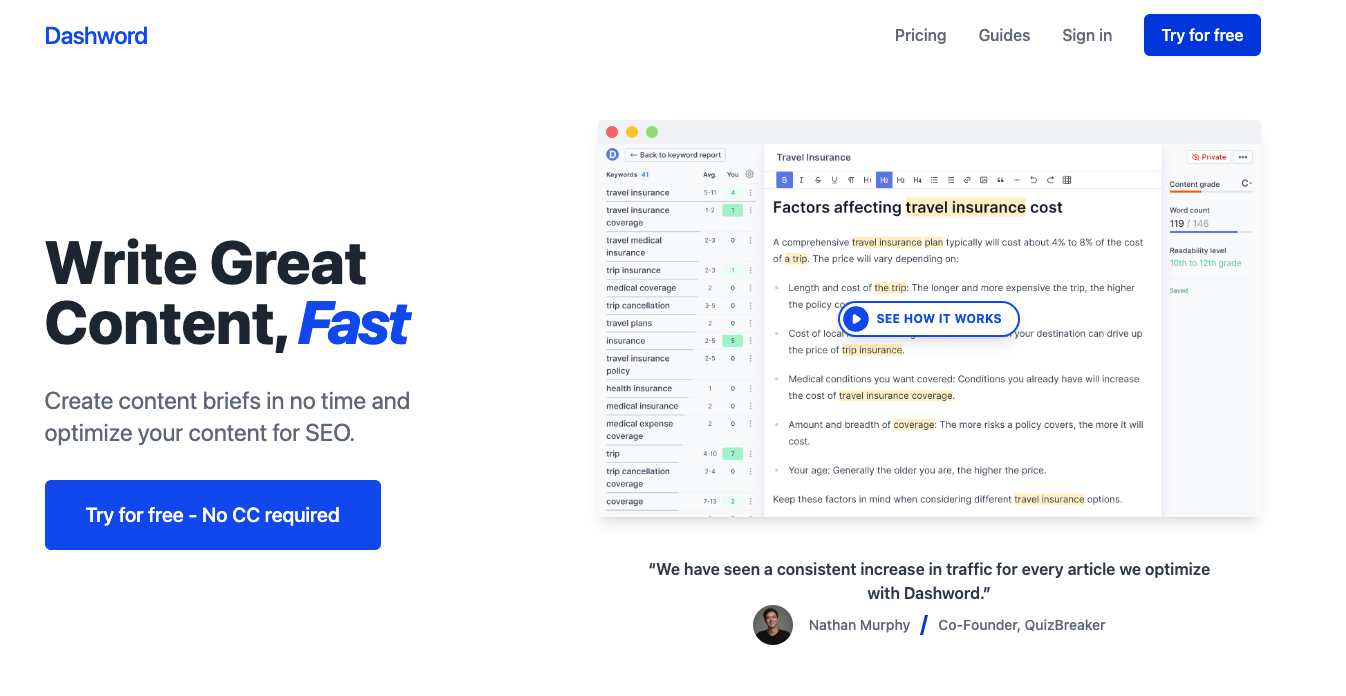
Dashword: What It Does
- Content Brief Builder: Helps create detailed briefs with keyword research, competitor analysis, and content structure suggestions.
- Content Optimization: Provides real-time feedback and scoring based on SEO best practices.
- Content Monitoring: Tracks content performance, identifies underperforming pages, and suggests updates.
Key Features of Dashword
- Competitor Content Analysis: Extracts outlines and key topics from competitor articles for inspiration and strategic content planning.
- Interactive Content Brief Builder: Facilitates collaborative brief creation with an easy-to-use interface.
- Real-Time SEO Feedback: Scores content based on keyword usage, readability, and other SEO factors.
- Automated Content Monitoring: Tracks keyword rankings, traffic trends, and alerts users to content requiring updates.
Who is Dashword For?
Content marketing teams looking to streamline their content creation process.
Businesses wanting to improve the quality and SEO performance of their content.
Agencies managing content creation for multiple clients.
Pros of Dashword
- Content Quality Focus: Emphasizes creating high-quality, well-researched content.
- Collaborative Brief Creation: Facilitates seamless teamwork on content strategy and development.
- Data-Driven Optimization: Provides clear, actionable insights to improve content performance.
- Time-Saving Automation: Automates content monitoring and reporting, freeing up time for strategic tasks.
Cons of Dashword
- Less Comprehensive SEO Features: Lacks some of the all-in-one capabilities offered by Seorocket, such as keyword research and automated publishing.
- Content Optimization Limited to On-Page Factors: Doesn’t offer tools for off-page SEO optimization like link building.
- Pricing May Be Prohibitive for Small Businesses: The Business plan, which includes content monitoring and more extensive features, might be costly for smaller companies or individual bloggers.
Streamlined content brief creation
Real-time SEO optimization feedback
Content performance monitoring and reporting
Collaborative features for teams
Not a full-fledged SEO suite
Focus primarily on on-page optimization
Pricing may be high for smaller businesses
Dashword Pricing
- Startup: $99/month
- Business: Custom pricing (starts at $349/month)
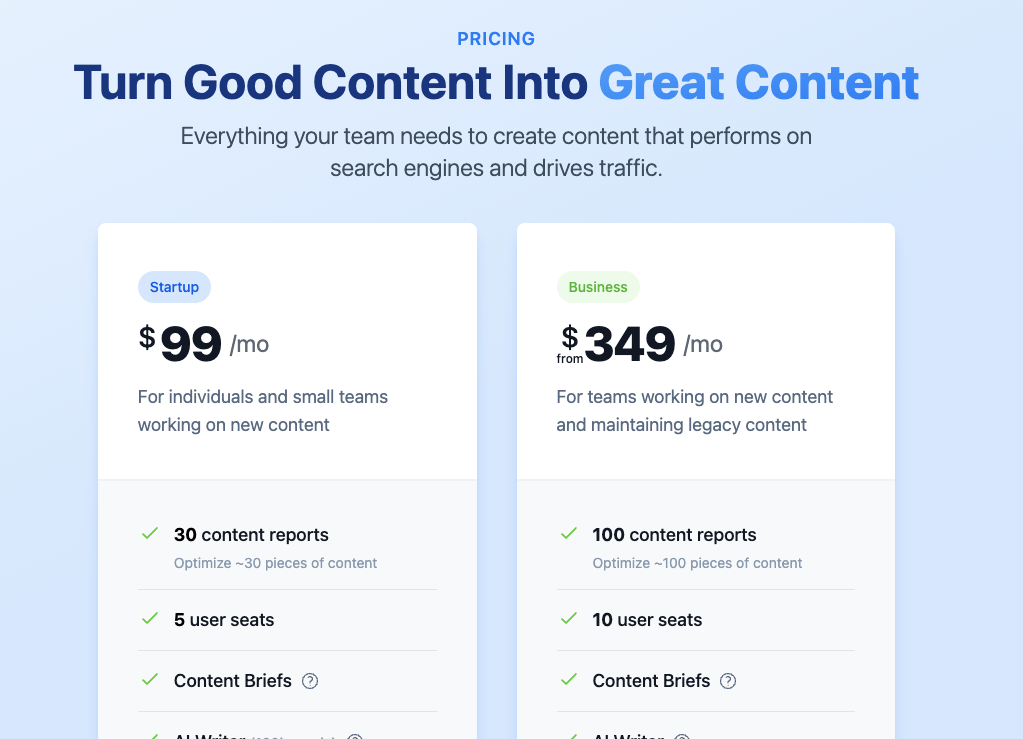
What Users Say About Dashword
Users praise Dashword for its ability to simplify content creation, improve content quality, and increase organic traffic. Many highlight the user-friendly interface and helpful content optimization suggestions.
What’s Missing in Dashword
Keyword Research Tools: Requires users to rely on external tools for comprehensive keyword research.
Content Generation Capabilities: Doesn’t offer AI-powered content writing features.
Limited Integrations: Could benefit from a wider range of integrations with popular marketing tools.
Final Thoughts on Dashword
Dashword shines as a powerful content marketing platform ideal for businesses prioritizing high-quality, SEO-optimized content. Its focus on streamlining the content creation process, providing data-driven optimization suggestions, and monitoring performance makes it a valuable asset for content-focused teams. However, companies seeking a complete SEO suite with keyword research, content generation, and a wider range of features may need to consider other platforms or supplement Dashword with additional tools.
Neuronwriter
Neuronwriter focuses on optimizing content using semantic SEO principles to improve search engine visibility and drive organic traffic.
Neuronwriter: Overview
Neuronwriter is an AI-powered content optimization tool that analyzes competitor data, Google SERP features, and NLP to guide content creation and optimization.
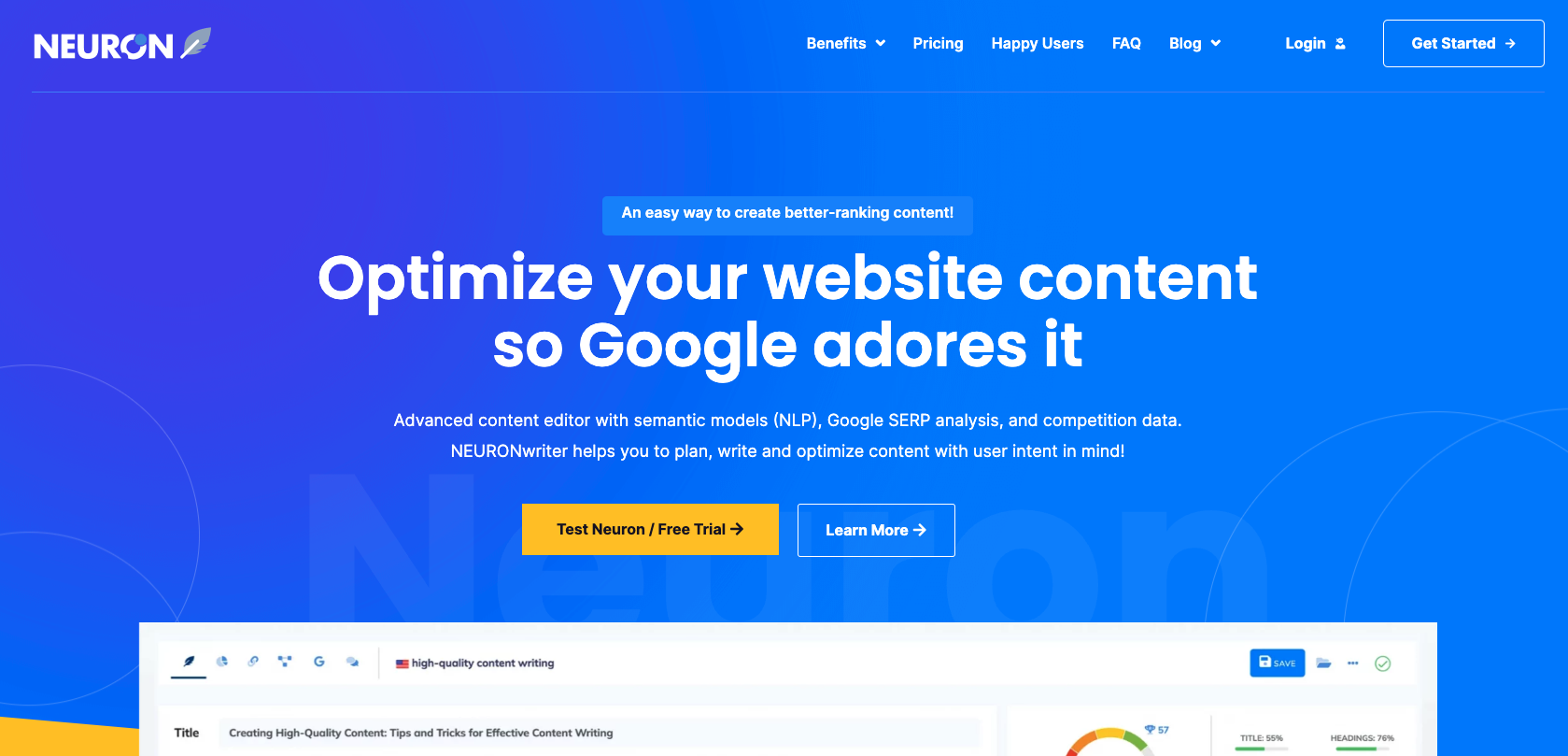
Neuronwriter: What It Does
- Identify NLP keywords and phrases: Discovers relevant terms used by top-ranking competitors.
- Analyze SERP Features: Understands the type of content Google prefers for specific keywords.
- Optimize Existing Content: Provides actionable suggestions to improve content relevance and ranking potential.
- Generate Content Ideas: Offers topic suggestions based on competitor analysis and user intent.
Key Features of Neuronwriter
- NLP-Based Recommendations: Suggests semantically related keywords and phrases for enhanced content relevance.
- Content Score: Provides a score based on content optimization, indicating its potential to rank well.
- Competitor Analysis: Identifies competitors’ top-performing content and extracts valuable insights.
- Content Repository: Organizes content analyses, plans, and collaborations with team members.
- Generative AI Templates: Provides pre-built templates for various content types to jumpstart creation.
Who is Neuronwriter For?
Content marketers focused on creating highly relevant and SEO-optimized content.
SEO professionals looking to gain a competitive edge through semantic analysis.
Businesses wanting to improve their content strategy and organic visibility.
Teams collaborating on content creation and optimization.
Pros of Neuronwriter
- Data-Driven Insights: Leverages Google SERP data and competitor analysis for informed decision-making.
- Focus on User Intent: Emphasizes understanding and addressing what users are searching for.
- Improved Content Quality: Guides the creation of comprehensive and semantically rich content.
- Collaboration Features: Facilitates content planning, sharing, and feedback within teams.
- Integration with Popular Tools: Connects with Google Search Console, WordPress, and Shopify.
Cons of Neuronwriter
- Less Comprehensive Than Seorocket: Primarily focuses on content optimization, lacking features like automated publishing.
- Potential for Information Overload: The depth of analysis might be overwhelming for some users.
- AI Credit System: Content generation is limited by AI credits, which might require upgrading to higher plans for larger content needs.
Strong emphasis on semantic SEO and user intent
Data-driven insights from competitor and SERP analysis
Content scoring and improvement suggestions
Collaboration features for teams
Integrations with popular platforms
Not an all-in-one SEO solution
Potential for information overload
Content generation limited by AI credits
Neuronwriter Pricing
- Bronze: €23/month
- Silver: €45/month
- Gold: €69/month
- Platinum: €93/month
- Diamond: €117/month
Neuronwriter offers five pricing tiers based on features and AI credit limits:
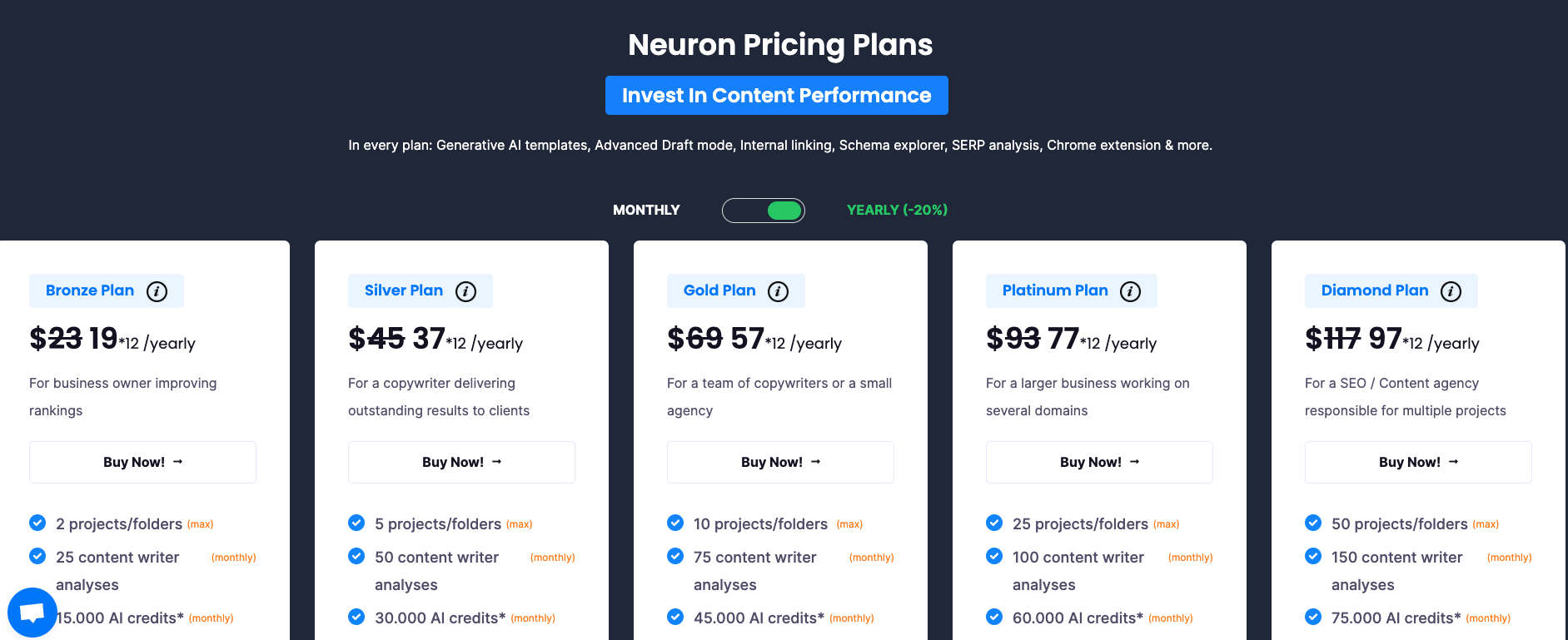
What Users Say About Neuronwriter
Neuronwriter enjoys positive feedback from users, with many highlighting its effectiveness in improving content rankings, providing valuable NLP insights, and streamlining the content optimization process.
What’s Missing in Neuronwriter
Neuronwriter could benefit from:
Offering a more intuitive way to manage AI credits.
Expanding its feature set to include automated publishing or social media scheduling.
Providing more guidance on interpreting complex data points for less experienced users.
Final Thoughts on Neuronwriter
Neuronwriter excels at optimizing content for search engines through its focus on semantic SEO, competitor analysis, and user intent. It’s a powerful tool for content marketers and SEO professionals looking to gain a competitive edge.
Dashword vs Neuronwriter: Which One Should You Choose?
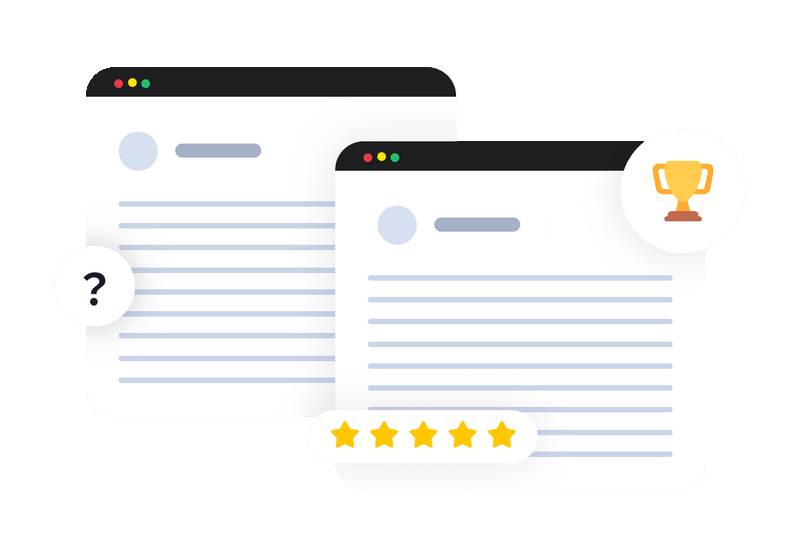
Choose Dashword If:
– You prioritize creating high-quality, well-researched content and want a platform dedicated to content optimization.
– You value collaborative features and need a tool that facilitates teamwork on content strategy and creation.
– You seek data-driven insights and actionable suggestions to improve your content’s SEO performance.
Choose Neuronwriter if:
– You prioritize creating highly relevant and semantically optimized content.
– You value data-driven insights from competitor and SERP analysis.
– You need collaboration features for your content team.
search engines ranking patterns to create content that dominates
searches, all without penalty risk.

Why Consider SEOrocket Over Dashword and Neuronwriter?
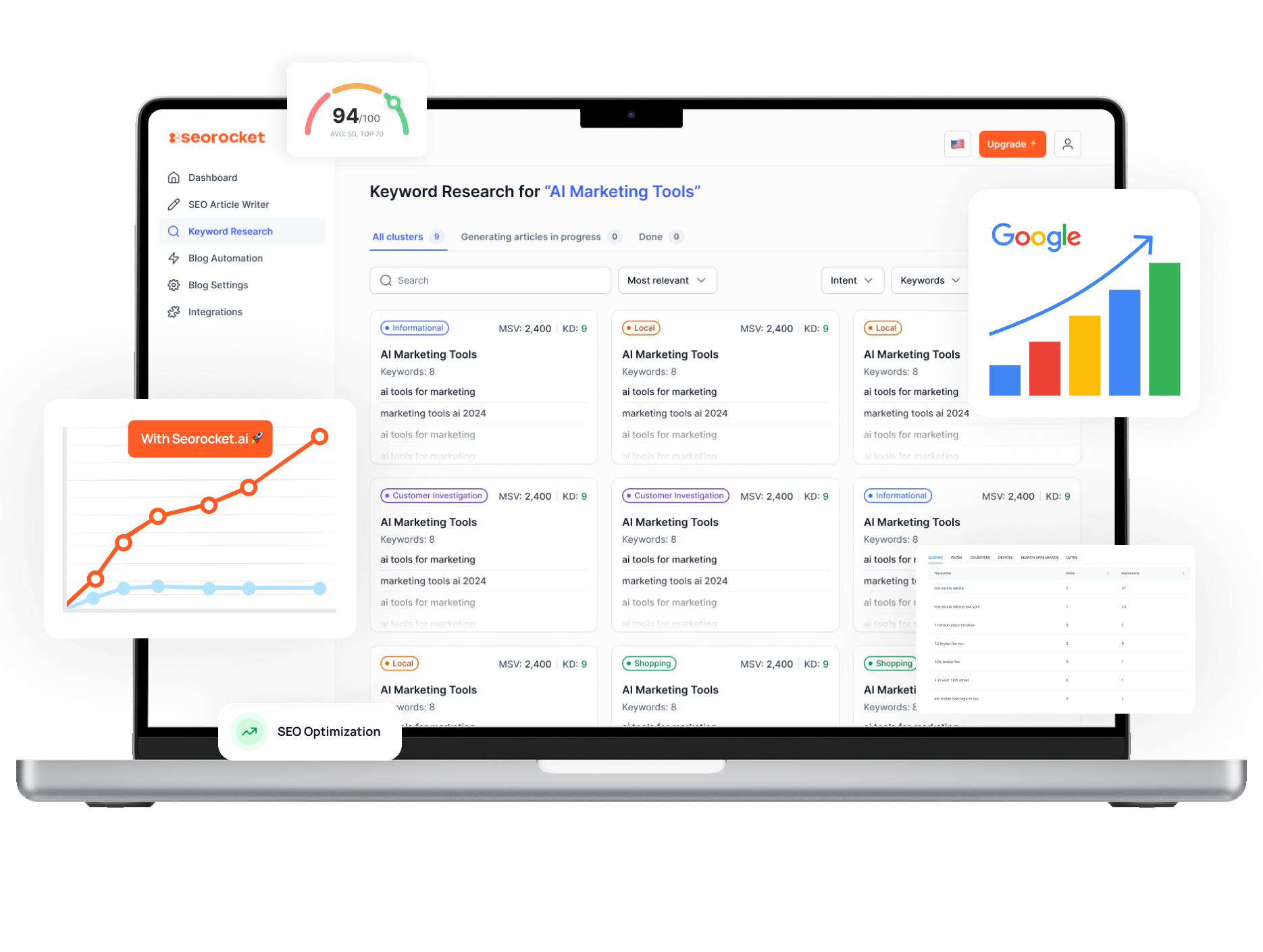
While Dashword and Neuronwriter AI are strong contenders in the content optimization and generation landscape, Seorocket stands out as a comprehensive and cost-effective alternative. Here’s why:
By choosing Seorocket, you can streamline your content marketing efforts, save time and resources, and achieve significant improvements in your search engine rankings.




